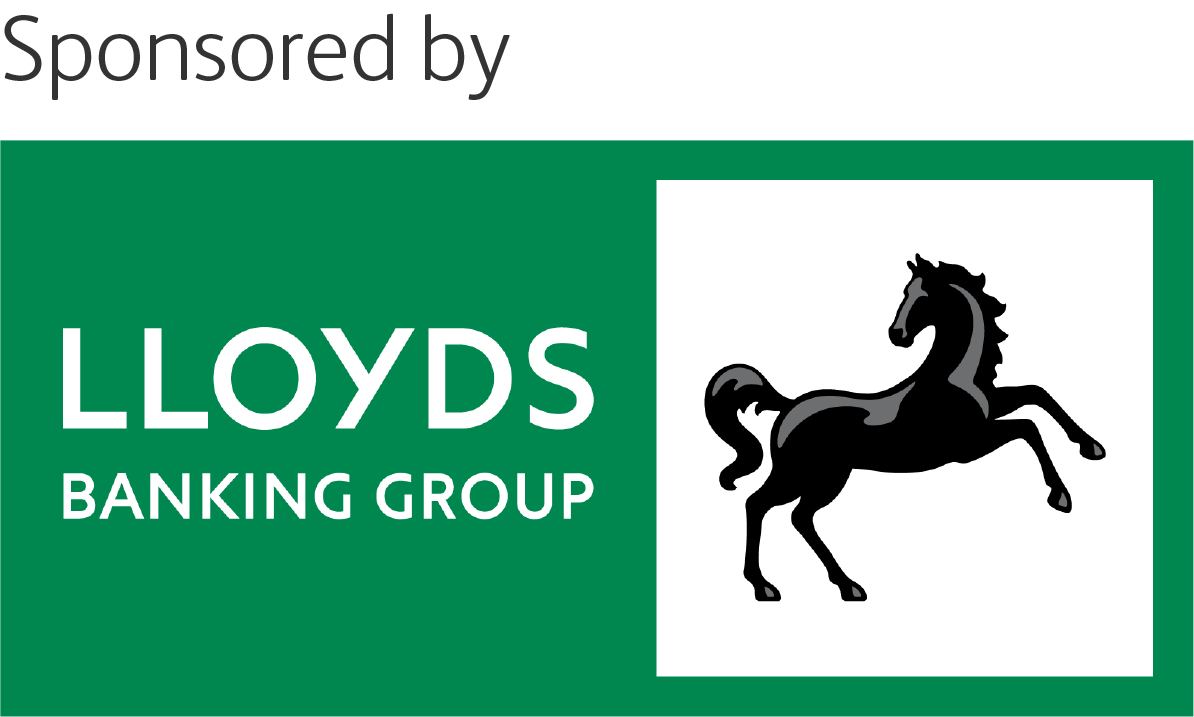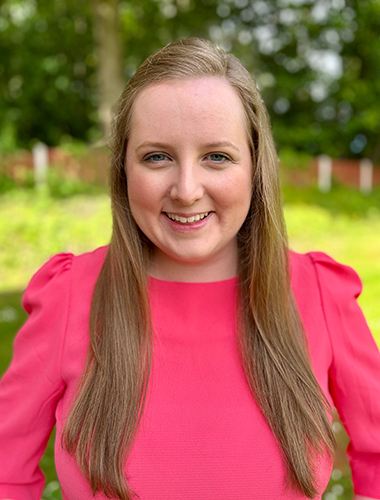Natalie Hiller
Accountant and Co-Chair of Disability Awareness Network at PwC
Business and Finance


As volunteer national Co-Chair of PwC’s Disability Awareness Network (DAWN) and a chartered accountant in the firm’s deals practice, Natalie’s driving passion is challenging the perception that disabled people cannot succeed in accountancy.
Leading a community of more than 700 members, Natalie works closely with PwC’s inclusion team to champion disability inclusion. In January 2022, Natalie recorded a video resource for use in a pilot workshop for a 600-person business unit. Natalie used her lived experience to talk passionately about how her mobility and dexterity disability affects her, and strengths associated with disability. Natalie’s contribution is influencing PwC’s approach to awareness-raising via story-sharing.
Natalie also draws on her individual experience for community events. She was a panellist during an event on Disability Allyship in September 2021. Natalie was a question facilitator at PwC’s Digital Accessibility event, held with Microsoft for IDPD 2021.
Natalie has been able to leverage her inclusion on the 2021 Disability Power 100 to reach new audiences with her message about changing perceptions. She featured in an article by the Institute of Chartered Accountants England and Wales (ICAEW) in November 2021. Passionate about encouraging disabled students to join accountancy, Natalie was included in the ICAEW’s Global Student Recruitment campaign, and the annual publication of her alma mater, Van Mildert College, Durham University.
Natalie is also making strides in her professional work, recently gaining the ICAEW Certificate in Insolvency. In this and as DAWN leader, Natalie is role modelling success as a disabled person in accountancy.
“I passionately believe that the skills and perspectives of disabled people can bring significant benefit to the accountancy profession. By continuing to improve disability inclusion and accessibility, I hope that talented disabled people will both be attracted to the profession and have greater opportunities to thrive within it.”

